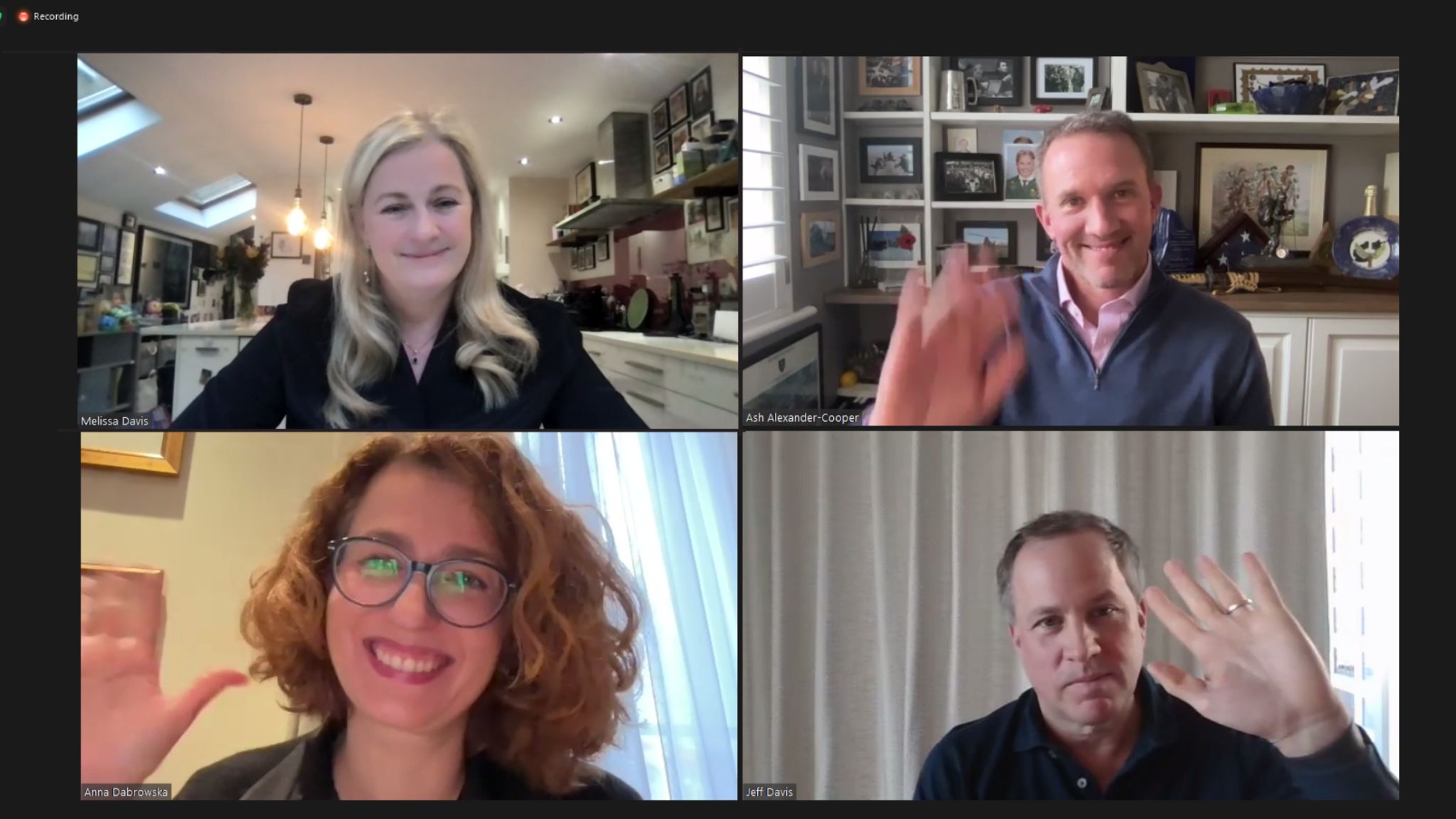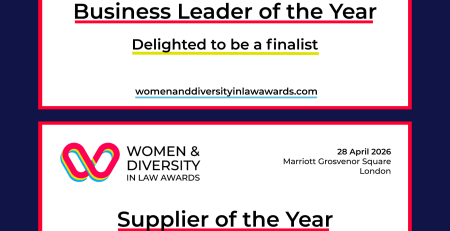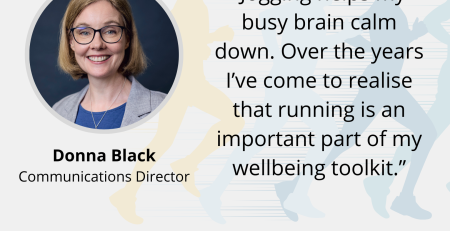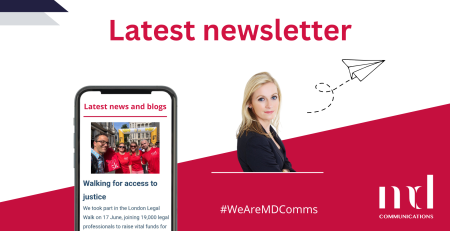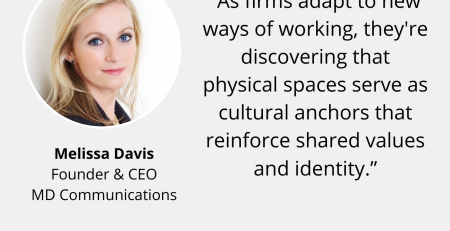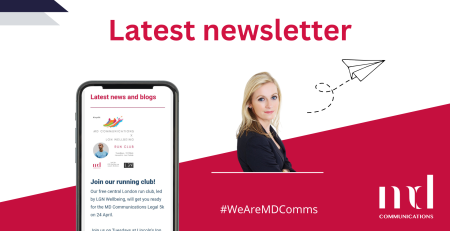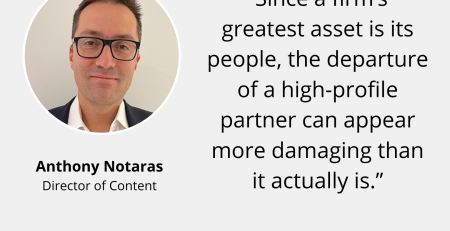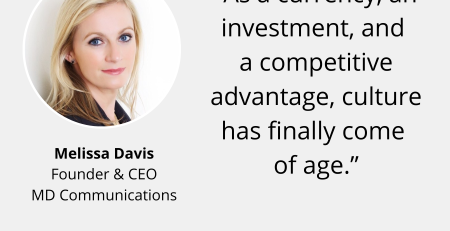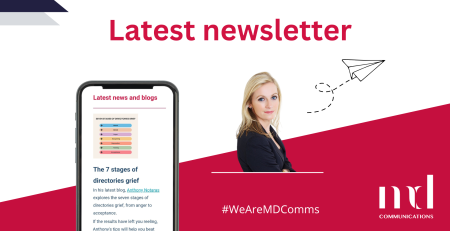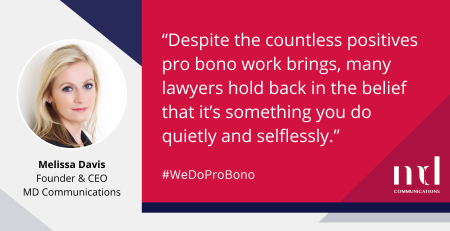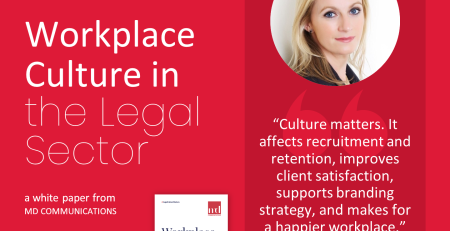How can you build resilience to overcome obstacles and achieve goals? Our most recent webinar, the first in our revamped resilience series, examined this issue with expert insight from the cast of the original session.
Launched in 2021 during the pandemic, our series looked at emotional wellbeing, shame, perfectionism and addiction, and asked what lawyers and the sector as a whole can do to support each other. Our new series revisits these themes and explores more ways of building resilience in a post-Covid world.
Bringing back the cast from the 2021 webinar, the panel featured:
- International motivational speaker Ash Alexander-Cooper OBE, who discusses the themes of his new book, Mindful Soldier, and explains how resilience is key to overcoming adversity.
- Jeff Davis, GC of Ontario Teachers’ Pension Fund, who spearheads changing the conversation around authentic leadership.
- Anna Dąbrowska, a Partner at Wolf Theiss and senior Vice-Chair of the IBA’s European Regional Forum on its professional wellbeing working group, who emphasises communication.
Introducing the webinar, our CEO Melissa Davis asked the panel what they wanted to bring to the discussion. Ash mentioned that he had just written a book on resilience themes that are relevant to a post-covid world; Anna outlined the IBA worldwide study of the state of mental wellbeing in the legal profession, with its shocking outcome around the wellbeing of lawyers being a clinical concern; and Jeff explained that his success narrative was to be open about life’s challenges.
The panel considered why resilience is important to law firms and whether, now the pandemic is over, the world had gone back to business as usual.
What is resilience?
A personal thing, it has different meanings to different people. For Ash, it is one’s ability to adapt and learn in the face of adversity. He stated that unless you’ve gone through something hard, it’s hard to build resilience, and when you experience trauma and challenges, you rely on muscle memory of how you coped with previous incidents. He believes that in life, the default is to see risk, but you can change your mindset to see opportunity.
“For me, I’ve always considered resilience to be one’s ability to adapt and learn in the face of adversity. And the three key words here, in my definition, are adapt, learn and adversity.”
Ash Alexander-Cooper
Anna feels we should focus on being happy with where we are and find ways to increase wellbeing, for example sleep and yoga, but this may not be enough. She empathised that you might need to look outside yourself for help and this is part of the resilience journey. Society promotes happiness, but you don’t need to be toxic positive.
Jeff explained that he was taught that resilience means survival. The problem with this mindset – powering through at any cost – is that it leads to maladaptive behaviours, for example, anger, negative self-talk, and negative behaviour around food and alcohol. Taking care of yourself and having confidence that you will learn and flourish through a negative experience is key. Resilience is how you respond to adversity – how to navigate that rather than push it away.
“Resilience means taking care of yourself and having the confidence that you will learn and flourish through a negative experience. You need to be resilient if you’re going to perform well and, to be resilient, it takes a lot of courage.”
Jeff Davis
How to approach resilience when working with law firms
Showing gratitude is important when working with others, and not just to senior individuals, also to the more junior people you work with. It’s also good for yourself to show gratitude, as it is strongly and consistently associated with greater happiness.
Jeff points out that dealing with firms where everything is perfect makes it hard to connect. We as humans understand that’s not real, so it’s hard to access perfect firms at a human level, and hard to trust people when we feel like we can’t connect. Firms that are open, engaging and show personality achieve better client relationships.
Ash thought that it comes back to culture – senior leaders must think about the kind of place they want to create and start at the top. If, as a leader, you walk past toxicity, you are part of the problem. Showing kindness is vital – not just to others, also kindness to yourself: it’s OK to need time out or say that you don’t have a plan.
Melissa noted that it comes back to vulnerability and during the pandemic it become OK to reveal this. For example, she talks about her autistic daughter Jessica on LinkedIn, and the challenges she faces have become part of her personal brand. When you open up about challenges, this gives permission for other people to talk about something difficult for them, and this creates connection.
Different parts of Europe have different degrees of wellness, Anna said, and we’ve still got a long way to go but she’s happy to see more people raising awareness. With her work at the IBA, they have started referring to ‘professional wellbeing’ as this is easier to digest. Wellbeing doesn’t mean we have to solve the problem, and it’s not just about fruit baskets and yoga at work; it’s about building resilience and a supportive team who will help guide you through problems and thrive.
“When you came to [a hypothetical senior male partner] with the phrase ‘mental wellbeing’, they would imagine a woman crying at her desk and offer her a yoga lesson and that was their idea of solving the problem.”
Anna Dąbrowska
Jeff thought that the idea of model leadership, where no one makes mistakes or reveals their personality, is becoming less accessible as younger people enter the workforce. He states that part of his purpose is to push that type of leader out of the way.
Vulnerability became much more important during the pandemic, with an industry opening up around it, for example Brené Brown and ‘Vulnerability Inc.’ on the front cover of Time magazine. This is good – it helps people to be their whole self at work, and to break the link between thoughts and emotions, so they can recognise that when they are angry is not the best time to write an email to their boss.
Vulnerability and learning
Next, we turned to some questions from the audience, including how we can deal with people who don’t appreciate vulnerability. Jeff said that you have to work with people where they are, you don’t need to convert people, but accept they’re doing the best they can. As a leader, you can demonstrate and role model and hopefully encourage others. Anna highlighted communication and small steps, as well as asking how others increase resilience and wellbeing.
“Sometimes when we’re having a hard time, we tell ourselves stories that are much more severe than what is actually going on. Talk to someone else and challenge your own storytelling.”
Jeff Davis
Looking at what the young learn from the old and vice versa, Ash said that younger generations expect more from senior leaders, and they need more guidance as the complexity of life as a junior employee is more than when he was young. He points out that vulnerability is not about crying at your desk, it is about being open to hearing about stress and challenges. Jeff mentions hacks for developing resilience, he thinks it’s not about having a boundary-less approach, but that it takes emotional curiosity to build resilience.
“In the IBA study, one of my favourite results was to the question, ‘what is your firm’s level of awareness on the subject of wellbeing.’ About 87% of the employers and senior partners said it was fine and that the problem is under control, whereas exactly the same number of employees – younger lawyers – said absolutely not!”
Anna Dąbrowska
Anna notes that it can be hard work, it takes time to be open and let people know they can come to you, not just about problems but also about what’s happening in their lives. Vulnerability is letting people into your private life to build a great team, a law firm family. Melissa discussed a recent mental health campaign by Norwich City Football Club, which flips your expectations. We should be on the lookout for toxic positivity and mustn’t wait to check in with people.
“How we think about vulnerability can be as simple as just saying, ‘I don’t know,’ as a senior executive.”
Ash Alexander-Cooper
Top tips on how to build and foster resilience
- Ash: As law firms are stressful environments, lawyers need to find easy habits they can maintain that work for them, as we’re human and default to the easier path. This could include going outside, exercise, meditation. He emphasises prehab rather than rehab.
- Anna: Communicate, lean on your team. If you don’t have one, try to build a team to lean on. Lawyers can be bad at being team players, so they need to practise and keep talking.
- Jeff: Whatever you can do to develop your own hack for self-awareness, taking time to be aware of your state, is vital. Meditation is amazingly powerful – the amount of self-awareness on what’s driving his thoughts and feelings has gone up. It’s a tool to not get trapped into your own story, but to make it into something better.
- Melissa: Build your community. The legal sector, if you will allow it, is a fantastic community. For example, with the IBA post-2020 – previously, her IBA friends didn’t see each other more than once a year, now they’re in contact more, this is hugely empowering and gives her purpose.


